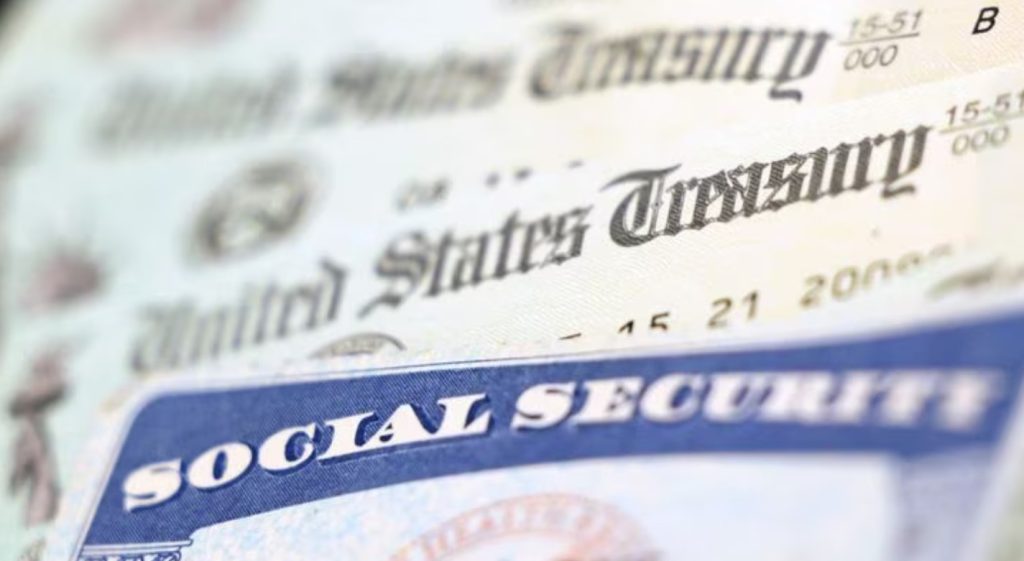
Social Security benefits are most often associated with payments to retired workers. While those make up the vast majority of the tens of millions the Social Security Administration issues each month, retirees aren’t the only ones. The disabled and survivors also receive income from the agency as well as low-income individuals that qualify for Supplemental Security Income.
Certain people in the latter group of recipients will see an increase in their monthly checks starting in June. This is thanks to the complementary payment plan approved in 33 states across the nation.
What are supplemental payments?
According to an article in Solo Dinero, Supplemental Security Income program additional payments are nothing more than state income that is determined by various entities and sent as an extra set amount every month. This increase is targeted at low-income recipients as well as care providers with the goal of supplementing the federal payment.
Because it is a supplement administered by state entities, the amount varies from state to state. For example, in New York the payment is an additional $87, while in Alabama the figure is around $120 dollars.
In which states do Social Security benefits increase in June 2023?
The states that will increase checks for SSI recipients because of the supplemental payments are:
- Alabama
- Alaska
- North Carolina
- South Carolina
- Colorado
- Connecticut
- South Dakota
- Florida
- Georgia
- Idaho
- Illinois
- Indiana
- Kansas
- Kentucky
- Louisiana
- Maine, Maryland
- Massachusetts
- Minnesota
- Missouri
- Nebraska
- New Hampshire
- New Mexico
- New York
- Ohio
- Oklahoma
- Oregon
- Texas
- Utah
- Virginia
- Washington
- Wisconsin
- Wyoming
In addition to the states listed, California, Delaware, Hawaii, Iowa, Michigan, Montana, Nevada, New Jersey, Pennsylvania, Rhode Island Vermont and Washington D.C also have supplemental payments. However, in these states the complementary extra is administered by the SSA itself.























